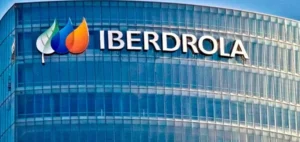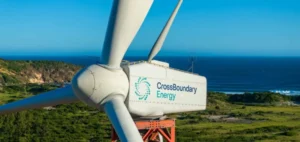Toshiba has declared its support for a 2 trillion yen (14 billion euros) takeover bid by a Japanese consortium. The move comes after eight years of turmoil for the group since the 2015 falsified accounts scandal.
Toshiba had raised suspicions of errors in its accounts in 2015, which triggered a scandal. The audit confirmed that its accounts had been embellished by a total of more than €1 billion in several divisions between 2008 and 2014. The revelation of this deception led to the collapse of the group’s share price, the resignation of its CEO and the launch of a profound restructuring. By 2022, the group will have only 116,000 employees, down from 200,000 in 2015.
Over the next eight years, Toshiba faced new problems, including the bankruptcy of its U.S. subsidiary Westinghouse in 2017, which resulted in a record net loss of €7.5 billion in 2016/2017. In order to bail out quickly, Toshiba has increased asset disposals, including the sale of its memory chip subsidiary Toshiba Memory to a consortium led by U.S. fund Bain Capital in 2018 for 18 billion euros.
Despite Toshiba’s efforts to clean up its finances and reform its governance, new accounting scandals have erupted at subsidiaries, and relations with its activist shareholders have deteriorated. In April 2021, the group announced that it had received a buyout proposal from private equity firm CVC Capital Partners, which would value the group at nearly $21 billion, according to press reports. A week later, Toshiba’s chief executive officer, Nobuaki Kurumatani, was sacked. CVC’s takeover bid was buried shortly thereafter.
Ultimately, Toshiba announced in March 2023 that it was supporting a takeover bid by a Japanese consortium for about 14 billion euros. If this offer is approved by its shareholders in the coming months, it will mark the end of eight years of turbulence for the Japanese group.






















